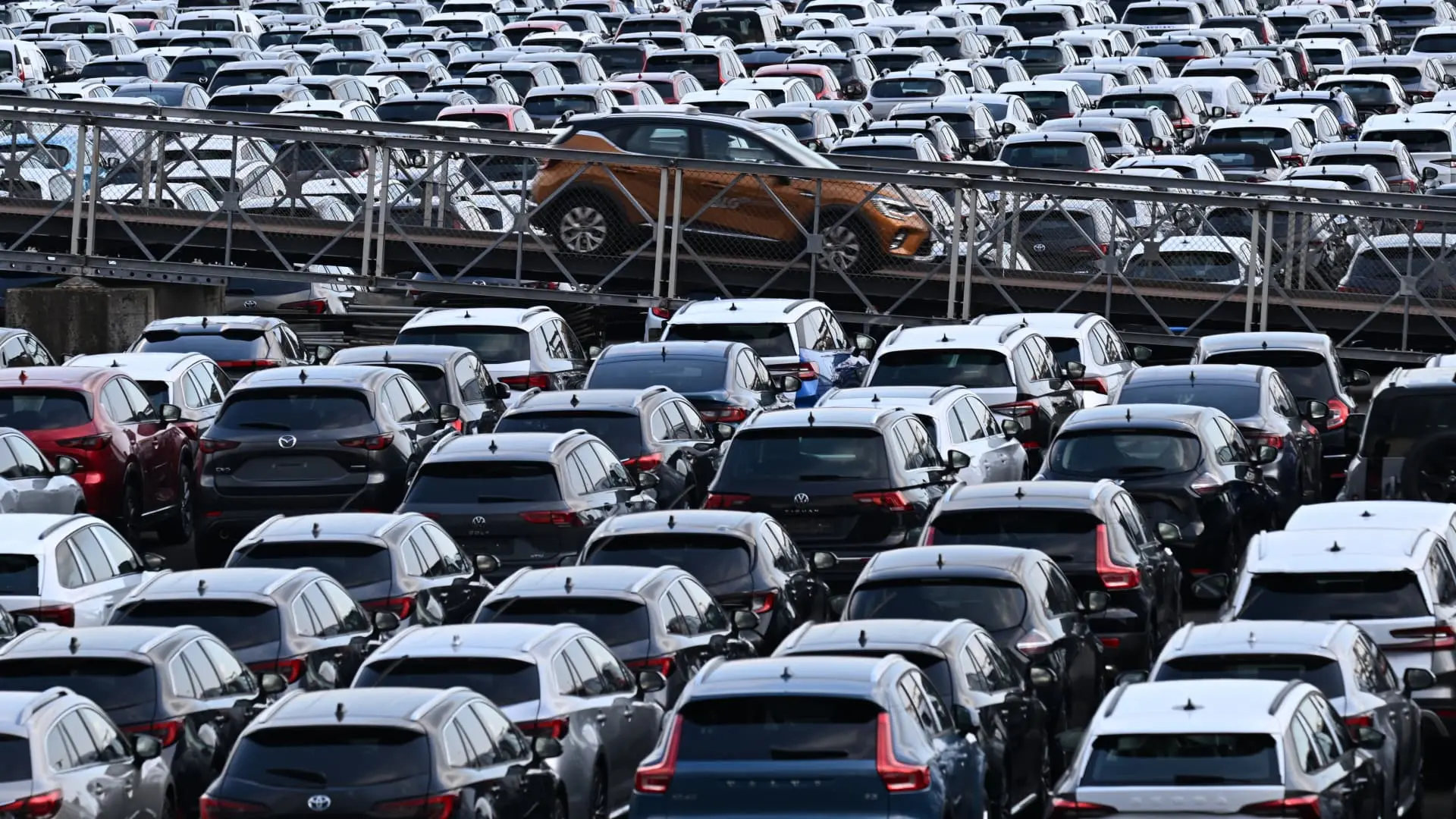Once the envy of the world, Germany's car brands now weigh heavily on its struggling economy
Once the envy of the world, Germany's car brands now weigh heavily on its struggling economy

Once the envy of the world, Germany's car brands now weigh heavily on its struggling economy

- Germany’s car industry was once recognized around the world for its high-quality, innovative internal combustion engine cars. But things have changed since then.
- The industry is facing a range of issues, from regulation to macroeconomics, China and EVs.
- Issues in the automotive sector may also have spill over effects onto the wider German economy, which has been struggling for some time now.
Stop innovating and you die. Nothing to see here.
The last innovation I heard about from BMW was subscription based heated seats.
I heard the steering wheel is also subscription
I don't even think it's a question of innovation, more just perceived reliability. A large part of the reason Mercedes and other German brands were considered high quality was that they were more reliable than a lot of other brands on the market, while being good to drive. That isn't really the case anymore, and Toyota and Honda have that basically cornered that market to the point that it's an outlier to fine one that isn't reliable.
"Good to drive" is a bit of an understatement. German cars have enjoyed car enthusiasts' favor for decades, despite often mediocre reliability, specifically because they were great to drive. There are multiple dimensions to that, ranging from the safety advantage (and fun) afforded by giving the driver a good feel for what's going on between the tires and the road surface, to an excellent balance of responsiveness and comfort from well-designed suspension. VW even ran an ad campaign around it: Fahrvergnügen
Japanese and American cars generally could not compete in this area.
However, those same German cars also became famous for developing endless little problems over the course of ownership, from annoying rattles to failing parts that were either expensive to buy or difficult to reach (and therefore expensive to replace).
If there was a time when German cars were known for above average reliability, I think it must have preceded the more recent generations. Maybe back before Japan had started investing in this area?
Yeah - I never would buy a German car again in my life. Had a VW Jetta that died at only 130k miles. I’ve watched friends with BMWs get stuck with $4k repair bills with only 40k miles. The only reason they sell these days is because of this perception that they’re “luxurious.”
Mercedes and BMW were never known for reliability. They were known for combining luxury and a great driving experience, which couldn't be had from any other car company, even Porsche (which was only about driving not luxury until recently) or Cadillac (only luxury and not driving until recently). German engineering has been famous for poor reliability since at least the early 80s.
As a (multiple) Toyota owner for 25 years, I can attest to their quality, nothing has ever… ever, failed on me, and I still see my old 2003 Corolla on the road (friend)
No, it's stop innovating, build a monopoly, never change. The automotive industry (in Germany and the US) is just blue collar wall st. : too big to fail.
Stop talking "free markets" when the competition is taxed at 40%